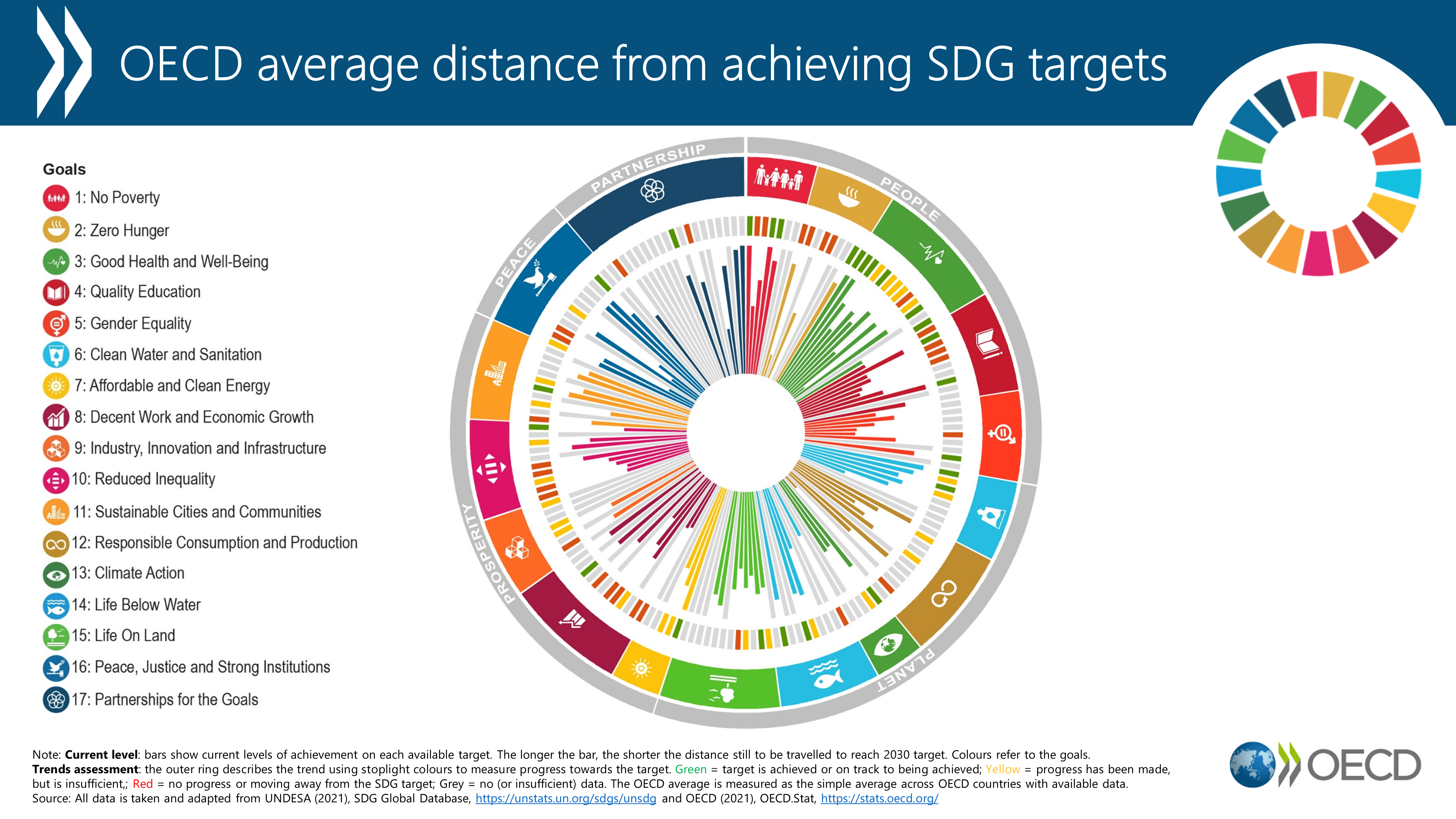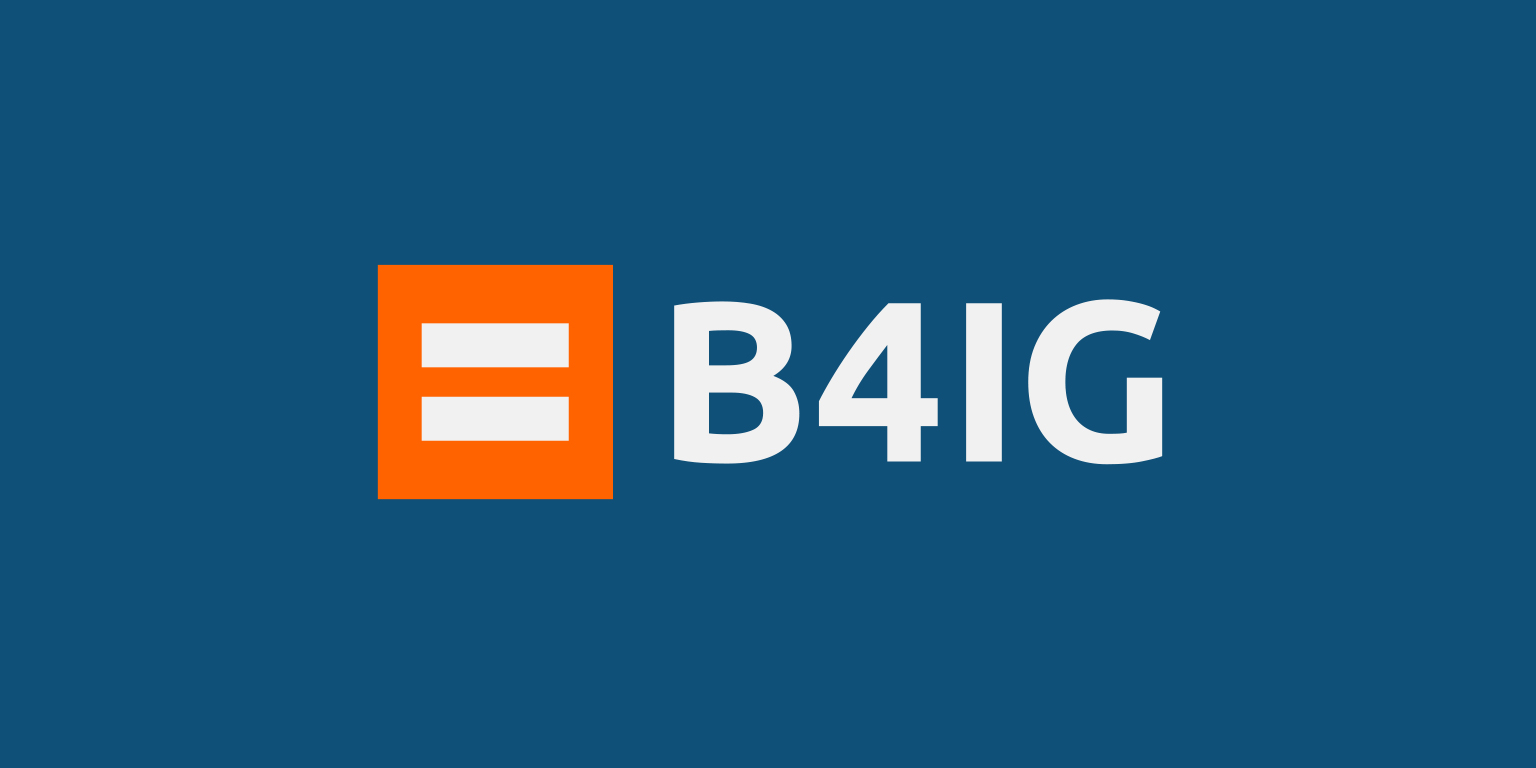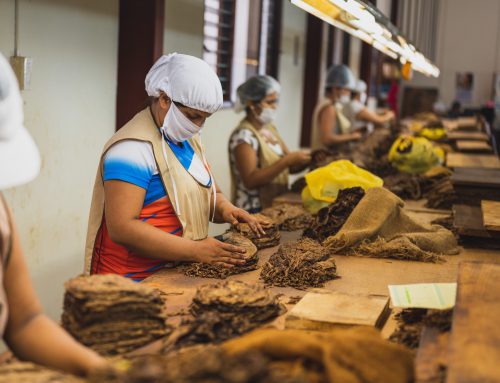B4IG Newsletter, September 20th, 2022 Edition
In this issue:
- Let us take collective action on inclusive recycling!
- The Human Rights Toolbox on Agency Workers & Service Providers to be published this week!
- Agenda of the October 6th and 7th Internal workshop.
- and more!
How to turn the ecological transition into an opportunity to create a more inclusive economy? The question, which is at the heart of the concept of Just Transition, is critical for the activity of solid waste management. In 2012, 15 million people around the world scraped a living from informal recycling activities, according to the World Bank! Whether we call them waste pickers, ragpickers, chiffonniers, cartoneros, pepenadores, or zabbalins, informal workers are, in many cities, part of the reality that companies have to face when they want to set up a more efficient collection system. How to integrate them in the plans towards the circular economy? Can we leverage corporate policies to improve their well-being? This is part of what is called “Inclusive Recycling”.
As an extension of its work on Inclusive Sourcing, B4IG will explore possible collective actions on this topic with the aim to develop business models that involve all actors in the waste management cycle – waste collectors, businesses, governments, NGOs, and other stakeholders – to create shared value for all parties involved and link positive impact on the environment and society.
The B4IG October workshop will hold a session on the topic of Inclusive Recycling. We will focus on presenting key issues related to the topic as well as member companies’ projects and proposals. Collective action such as guidance or standards on social practices, a collective on-the-ground project, or tools (for example: on traceability for collection without child labour) may be considered.
Stay tuned!
The Actions

The B4IG Working Group on Human Rights, led by Sodexo, has designed a toolbox to help companies in exercising Human Rights Due Diligence in the contracting of agency workers and service providers. This document will be released on September 22nd, in connection with the Amundi Asset Management and WDI (Workforce Disclosure Initiative) event on “Accelerating Disclosure & Action to Address Forced Labour Risks”. Based on the OECD Due Diligence Guidance for Responsible Business Conduct, the toolbox presents a compilation of member companies’ diverse tools that range across different stages of Human Rights Due Diligence including identification, assessment, prevention, and remediation mechanisms. The approach is practical and operational, as the selection of tools covers audit methodology, human rights performance management, commitment letters, tendering and contracting tools, and grievance mechanisms, among others.
The Fair Recruitment project in the United Arab Emirates (UAE) carried out by the B4IG Working Group on Human Rights, under the leadership of VINCI, will have an official kick-off meeting on September 21st. Aligning with the primary objective of B4IG companies in the region to increase demand for responsible recruitment, this project is bringing together eight B4IG member companies. With the support of a specialized consultancy named Control Risks, B4IG aims to support responsible manpower providers and agencies to develop and/or maintain their ethical model through engagement and capacity-building. It will tackle several cross-cutting fair recruitment challenges in the region, such as recruitment fees, debt bondage, salary retention, and passport retention. The project will include three core actions: engaging with local manpower providers on a collective basis, engaging in advocacy with the local government and international institutions to push the action forward and creating large-scale impact, and developing a cross-industry toolbox for fair recruitment.
The B4IG Working Group on Youth partnered with HEC Business School (Society & Organizations Institute) to conduct a survey to help companies measure the impact of their programs focusing on young people (internship, mentorship, apprenticeship, etc.). Based on member companies’ answers to the questionnaire, the survey shared recommendations on how to focus more on outcome and impact indicators, for instance, complementing the KPI of the number of young people trained or mentored with the impact of the program on their career in the short and long term. The survey also suggests adding the measurement of themes such as improvement of sense of purpose and career aspirations, or impact on employee retention or employee motivation to complement the assessment of programs.
The key indicators developed by the B4IG Working Group on the Just Transition to analyze and measure the social challenges of the ecological transition have been finalised. A preliminary version of these indicators was shared last year in connection with the statement “Putting people at the heart of climate action” published during the COP26. The aim of these 13 indicators is to help companies assess and manage the social dimension of the ecological transition. They cover four topics (transparent planning process, employment, upskilling and reskilling, and access to goods and services) and a range of stakeholders (workers, local communities, consumers, and society).
From the OECD

The OECD WISE Centre’s latest Policy Insights piece, The Short and Winding Road to 2030: Measuring Distance to the SDG Targets, calls for stronger policy action on the 2030 Agenda as OECD countries progress slowly towards the SDG targets. Acknowledging the pandemic’s impact and ensuring that countries have the capacity to track progress towards the SDGs are key in achieving the 2030 Agenda. The paper briefly calls on the private sector and civil society to continue to work together with countries to implement the SDG goals and targets.
Around the Globe
- A research paper from Oxiam on Corporate governance and its impact on European equity performancesconfirms the important impact that corporate governance has on equity performance and identifies the most significant indicators, including the level of a senior management bonus cap and the total overall compensation of the CEO, the number of board meetings held, the size of the board, and the average mandate term.
- The UN Global Compact published Introduction to Just Transition: a business brief on the central role of the private sector in ensuring a just transition for all, covering just transition’s foundation and meaning; priority actions for companies; relevant areas of work and the business case, as well as a glossary of key terms and a resource guide.
- The International Labour Organization (ILO) published its latest Global Estimates of Modern Slavery last week. According to the report, 50 million people were living in modern slavery in 2021. Of these people, 28 million were in forced labour and 22 million were trapped in forced marriage.
- The American Bar Association’s (ABA) International Human Rights Committee released Exploring Challenges to Company Adoption of Community-Designed Grievance Mechanisms, a summary of the workshop that brought together lawyers, mediators, academics, NGOs and corporations to explore the issues involved in collaborative or community-led design of operation-level grievance mechanisms.
Thanks for reading, to sign up for the newsletter, click here!
The B4IG Team




